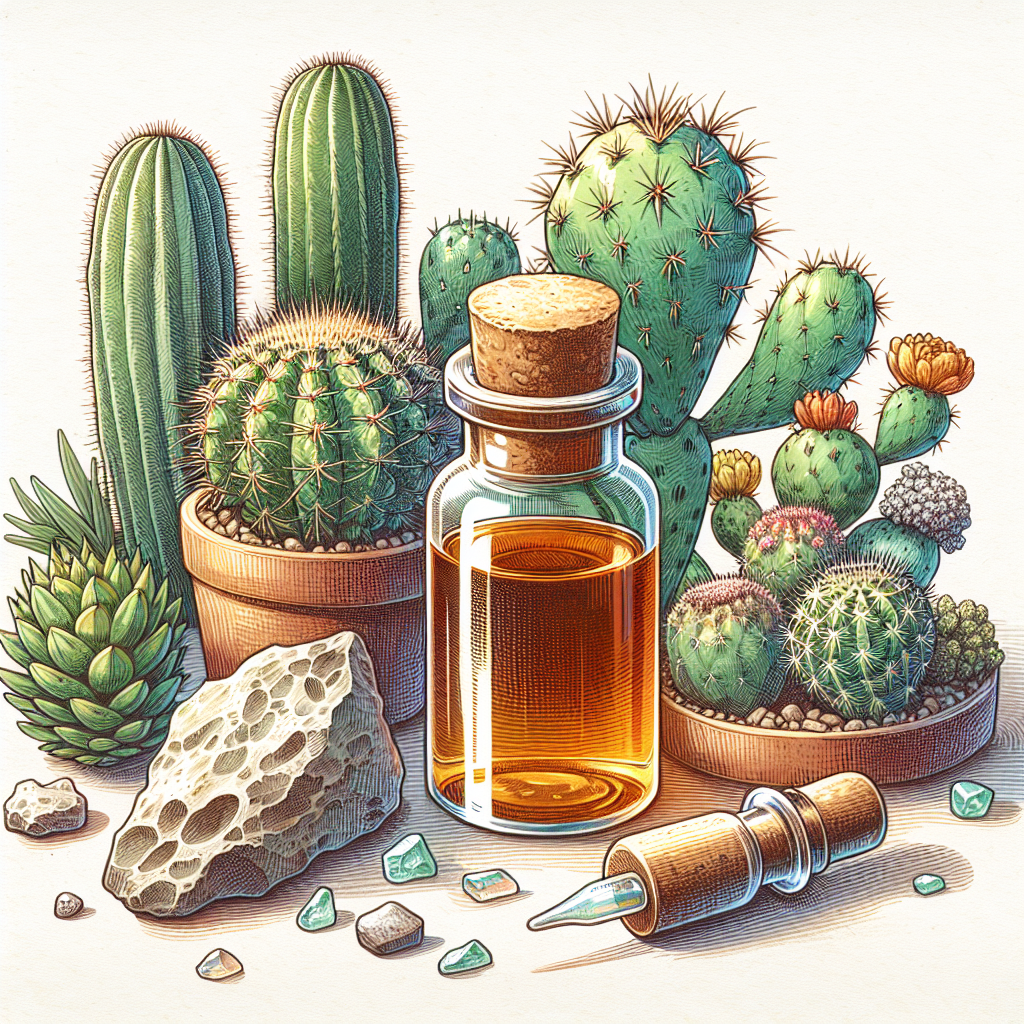Uncategorised
mescaline extract
The History and Cultural Significance of Mescaline Extract
Mescaline extract, also known as peyote, is a psychoactive substance that has been used for centuries by indigenous cultures in North and South America for spiritual and medicinal purposes. It is derived from the peyote cactus, which is native to the southwestern United States and Mexico. The use of mescaline cactus extract has a rich history and cultural significance, and understanding its origins can provide insight into its effects and potential benefits.
The earliest recorded use of mescaline extract dates back to the Aztecs in Mexico, who used it in religious ceremonies and healing rituals. They believed that consuming the cactus would allow them to communicate with the gods and gain insight into the spiritual world. The Aztecs also used mescaline extract as a treatment for various ailments, including fever, pain, and skin conditions.
The use of mescaline extract spread to other indigenous cultures in the Americas, including the Huichol, Tarahumara, and Yaqui tribes. These cultures also used the substance for spiritual and medicinal purposes, and it became an integral part of their traditional practices. The rituals and ceremonies involving mescaline extract were seen as a way to connect with nature and the spiritual realm, and to gain a deeper understanding of the world and one’s place in it.
In the late 19th and early 20th centuries, mescaline extract caught the attention of Western scientists and explorers who were fascinated by its effects. One of the most notable figures was German chemist Arthur Heffter, who isolated and identified mescaline as the active compound in the cactus. Heffter’s research sparked interest in mescaline extract among the scientific community, and it was soon being studied for its potential therapeutic uses.
In the 1950s and 1960s, mescaline extract gained popularity in Western culture as a recreational drug, particularly in the counterculture movement. It was seen as a way to expand one’s consciousness and explore alternative states of being. However, the use of mescaline extract for recreational purposes was met with controversy and legal restrictions, leading to a decline in its popularity.
Despite its controversial reputation, mescaline extract has continued to be used by indigenous cultures and has also gained recognition in the medical field. In the 1950s, it was used in psychotherapy to treat alcoholism and other mental health disorders. More recently, there has been renewed interest in the potential therapeutic benefits of mescaline powder extract, particularly in the treatment of depression, anxiety, and PTSD.
The cultural significance of mescaline extract cannot be overlooked. It has played a crucial role in the spiritual and medicinal practices of indigenous cultures for centuries, and its use continues to be an important part of their traditions. The substance is seen as a sacred tool for connecting with the divine and gaining insight into the mysteries of the universe.
In conclusion, mescaline extract has a long and rich history, deeply rooted in the cultural practices of indigenous peoples in the Americas. Its use has evolved, from spiritual and medicinal purposes to recreational and therapeutic uses. Despite its controversial reputation, mescaline powder extract remains an important substance with significant cultural and historical significance. As research into its potential benefits continues, it is important to acknowledge and respect the cultural origins of mescaline extract and its role in indigenous traditions.
Exploring the Therapeutic Potential of Mescaline Extract for Mental Health Treatment

Mescaline extract, also known as peyote, is a naturally occurring psychedelic substance found in certain cacti plants. It has been used for centuries by indigenous cultures in spiritual and healing ceremonies. However, in recent years, there has been a growing interest in exploring the therapeutic potential of mescaline extract for mental health treatment.
Mescaline extract works by activating serotonin receptors in the brain, leading to altered states of consciousness and perception. This can result in a range of effects, including visual and auditory hallucinations, changes in mood and thought patterns, and a sense of connection to the world and others.
One of the most promising areas of research for mescaline extract is in the treatment of mental health disorders such as depression, anxiety, and post-traumatic stress disorder (PTSD). Studies have shown that mescaline oil extract can have a profound impact on these conditions, providing relief from symptoms and improving overall well-being.
In a study published in the Journal of Psychopharmacology, researchers found that mescaline extract was effective in reducing symptoms of depression and anxiety in patients with terminal cancer. The participants reported feeling more at peace with their diagnosis and less anxious about the future after a single dose of mescaline powder extract. This suggests that mescaline extract could be a valuable tool in helping individuals cope with the emotional distress of a life-threatening illness.
Another study, published in the Journal of Psychopharmacology, looked at the use of mescaline extract in treating PTSD. The results showed that mescaline extract was effective in reducing symptoms of PTSD, such as flashbacks and nightmares, and improving overall quality of life. The researchers also noted that the effects of mescaline extract were long-lasting, with participants reporting continued improvements even months after the treatment.
In addition to its potential for treating mental health disorders, mescaline extract has also shown promise in helping individuals overcome addiction. A study published in the Journal of Psychopharmacology found that mescaline extract was effective in reducing cravings and withdrawal symptoms in individuals with alcohol use disorder. The participants also reported feeling more motivated to maintain their sobriety after the treatment.
One of the reasons mescaline extract may be effective in treating mental health disorders and addiction is its ability to induce a mystical experience. This is a profound and transformative experience that can lead to a sense of unity and interconnectedness with the world and others. Research has shown that individuals who have a mystical experience are more likely to experience positive changes in their attitudes, behaviors, and overall well-being.
However, it is important to note that mescaline extract is a powerful substance and should only be used under the guidance of a trained professional in a controlled setting. It is not recommended for recreational use, as it can have unpredictable effects and may be harmful to individuals with certain medical conditions.
Despite the promising research on mescaline extract, there are still many barriers to its use in mental health treatment. One of the main challenges is the legal status of mescaline extract, which is classified as a Schedule I drug in the United States, meaning it is considered to have a high potential for abuse and no accepted medical use. This makes it difficult for researchers to conduct clinical trials and for individuals to access the treatment.
In conclusion, mescaline extract has shown great potential in the treatment of mental health disorders and addiction. Its ability to induce a mystical experience and its long-lasting effects make it a promising tool for improving overall well-being. However, more research is needed to fully understand its therapeutic potential and to overcome the legal barriers to its use. With continued research and advocacy, mescaline extract could become a valuable addition to the arsenal of treatments for mental health disorders.
The Controversy Surrounding the Use of Mescaline Extract in Spiritual and Religious Practices
Mescaline extract, also known as peyote, has been used for centuries by indigenous cultures in spiritual and religious practices. It is a psychoactive substance derived from the peyote cactus and is known for its hallucinogenic effects. However, the use of mescaline extract has sparked controversy in recent years, with some arguing for its spiritual and therapeutic benefits, while others raise concerns about its potential for abuse and negative side effects.
One of the main arguments for the use of mescaline oil extract in spiritual and religious practices is its ability to induce altered states of consciousness. Many cultures believe that these altered states can lead to spiritual enlightenment and a deeper understanding of the self and the universe. Mescaline has been used in traditional Native American ceremonies for this purpose for centuries.
Proponents of mescaline extract also argue that it has therapeutic benefits, particularly in the treatment of mental health disorders such as depression, anxiety, and PTSD. Some studies have shown that mescaline can increase feelings of empathy and connectedness, and can help individuals process traumatic experiences. It has also been used in the treatment of alcoholism and drug addiction, with some success.
However, the use of mescaline extract is not without its critics. One of the main concerns is its potential for abuse and addiction. Mescaline is a Schedule I controlled substance in the United States, meaning it is considered to have a high potential for abuse and no accepted medical use. This classification has led to strict regulations and restrictions on its use, making it difficult for researchers to conduct studies on its potential benefits.
Another concern is the potential negative side effects of mescaline extract. While some users report positive experiences, others have reported negative effects such as anxiety, paranoia, and even psychosis. These effects can be particularly dangerous for individuals with pre-existing mental health conditions. Additionally, there is a risk of physical side effects such as increased heart rate and blood pressure, which can be dangerous for those with heart conditions.
The controversy surrounding the use of mescaline extract has also raised questions about cultural appropriation. Many argue that the use of mescaline in non-indigenous spiritual and religious practices is a form of cultural appropriation, as it is often used without proper understanding or respect for its origins and cultural significance. This has led to calls for non-indigenous individuals to refrain from using mescaline and to instead seek out alternative methods for spiritual and personal growth.
Despite these concerns, the use of mescaline oil extract continues to be a topic of interest and debate. Some argue that its potential benefits outweigh the risks and that it should be further studied and potentially legalized for therapeutic use. Others believe that its use should be strictly limited to traditional indigenous practices.
In conclusion, the use of mescaline extract in spiritual and religious practices remains a controversial topic. While some argue for its potential benefits and cultural significance, others raise concerns about its potential for abuse, negative side effects, and cultural appropriation. As with any psychoactive substance, individuals need to educate themselves and use caution when considering its use. Further research and open dialogue are necessary to fully understand the complexities and implications of mescaline extract in spiritual and religious practices.

